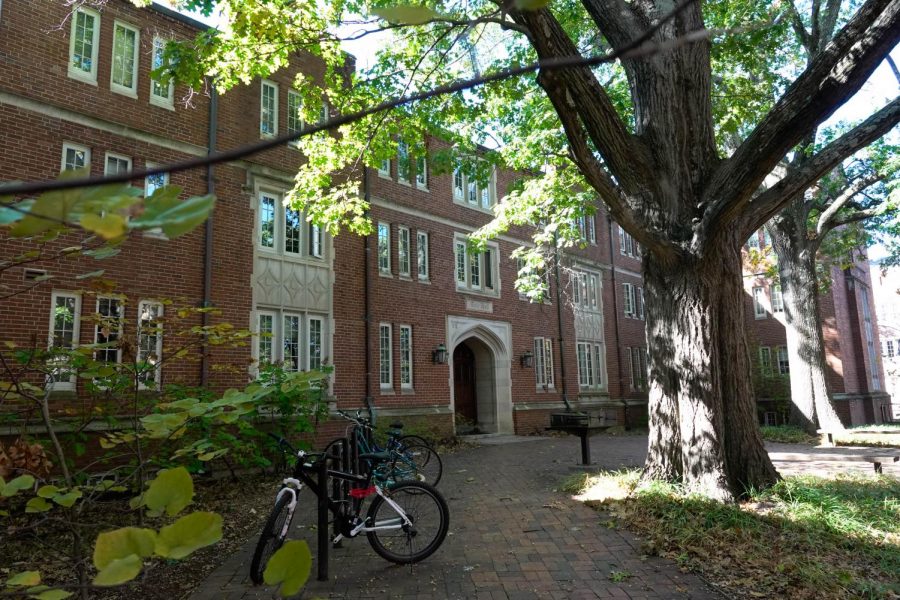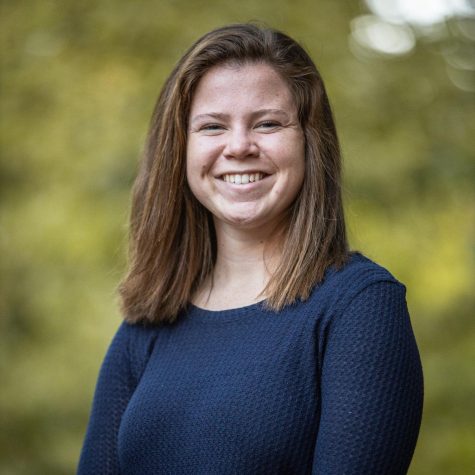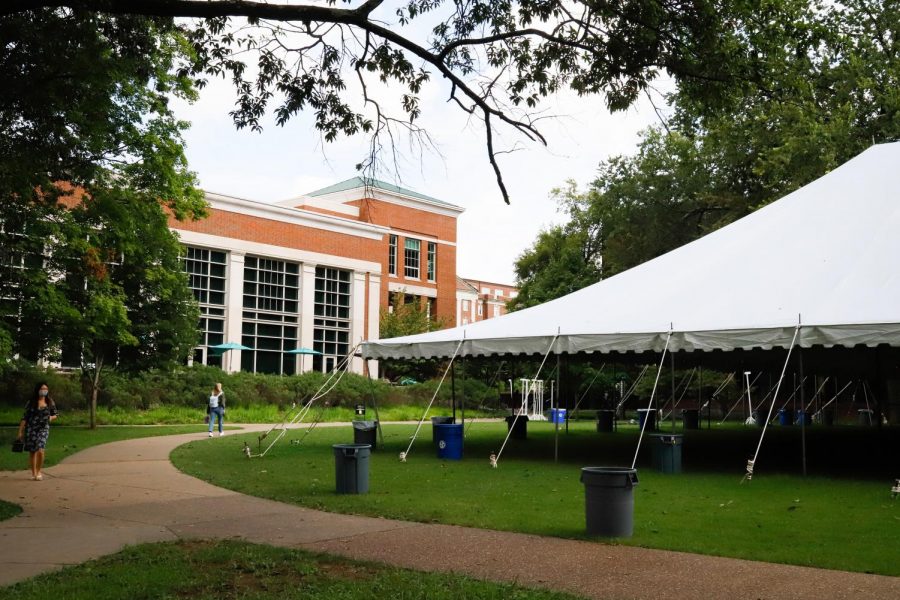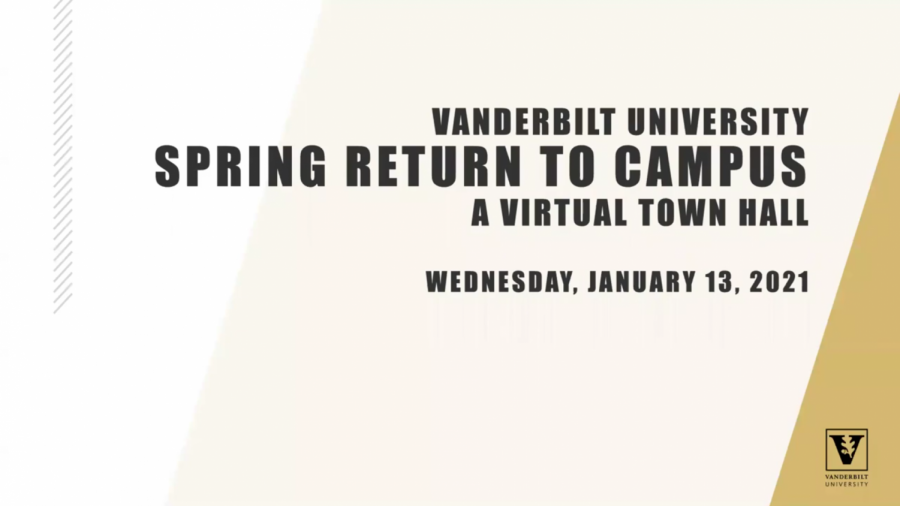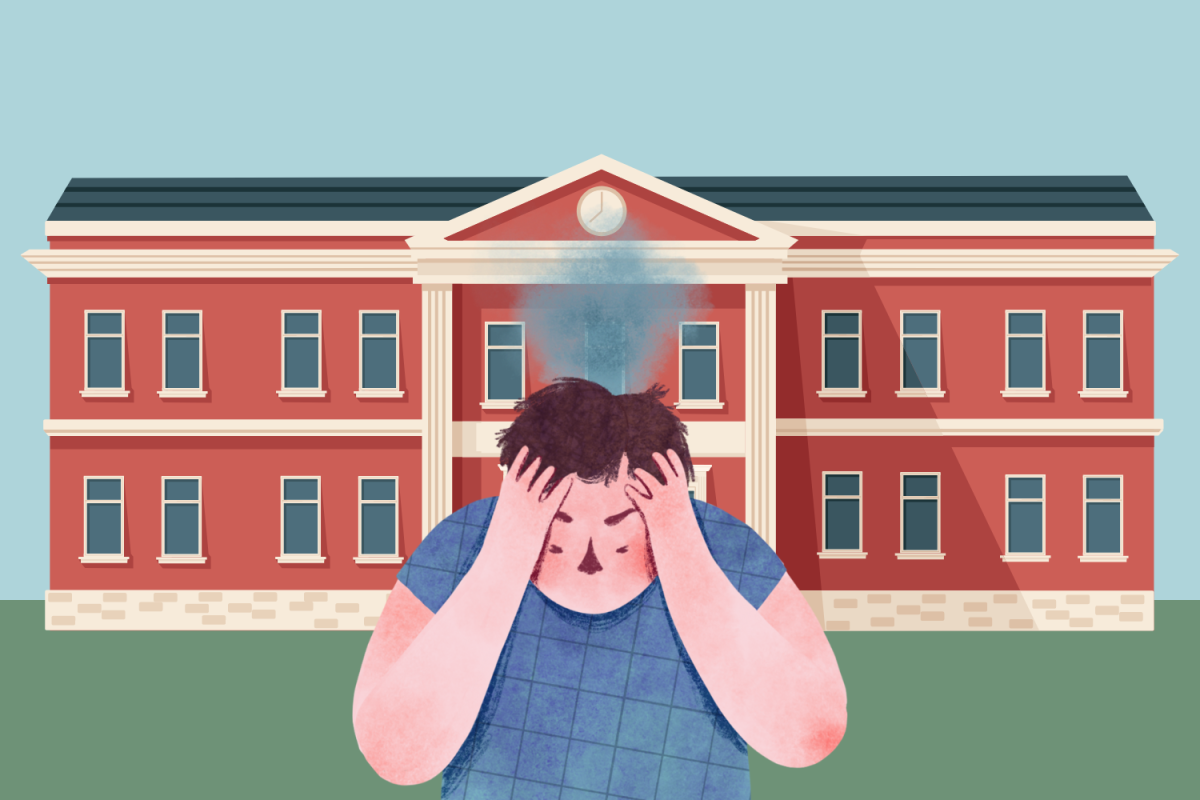Throughout the past few months, the COVID-19 pandemic has proved to be an unpredictable force in our daily lives. The moral permissibility of wearing face masks and avoiding large public gatherings has caused tensions within the nation, resulting in abrupt peaks and troughs in cases as many weigh the costs and benefits of following such orders. As the pandemic persists, Vanderbilt University’s dedication to the lives of its roughly 13,000 undergraduate and graduate students will be rigorously tested as it releases measures for student congregation and overall campus activities.
Unfortunately, Vanderbilt has already shown its disregard for incoming transfer students living off-campus. A neverending increase in COVID-19 cases in the Nashville area that has yet to be addressed by the administration has created doubts of a true return to in-person classes among students, leading to an air of unrest. Future plans must consider the possibility of a shift to fully-online learning at home and prioritize a safety net for students in case the unpredictable pandemic wreaks more havoc.
As students prepare to return to campus for the fall semester, some upperclassmen are opting to live off-campus, fearing the possibility of living on campus and then being forced off campus before the anticipated November 20 date. Moreover, the exorbitant costs of living on campus will not be refunded if Vanderbilt sends students home mid-semester, which may bring uneasiness to many as they possibly scramble to move back home or find substitute housing in Nashville on short notice with a reduced housing budget. Outcry from students planning to live on campus has concentrated on the morality of being charged for services they will not be allowed to use. If abruptly removed from on-campus housing, students planning to live on campus must take this costly constraint into account—one which disproportionately disadvantages lower-income families who meticulously allocate every dollar towards college expenses.
Incoming transfer students like myself share the same fear, though our matriculation is contingent on living off-campus for the 2020-2021 school year. Although classes will not resume for another month, many have already secured housing, traversing a competitive housing market in the Vandy area to hunt down affordable options before others sweep them away. Consequently, students are forced to carry the burden of costly application and prorated rent fees, as well as sign leases without financial assistance from Vanderbilt or finalized Back to Campus plans. Transfer students admitted from the waitlist in late June and July find themselves in even worse positions than those directly admitted to Vanderbilt, as their late matriculations force them into an even more competitive housing market with a scarcity of affordable housing.
As a possible second wave of the pandemic threatens to be even more ruthless than the first—which has yet to end—it is clear that Vanderbilt must prioritize ethical actions over fiscally conservative ones to ensure that students will have better pandemic-related coping mechanisms in the fall than they did in the spring.
Vanderbilt must follow in the footsteps of peer institutions like the Massachusetts Institute of Technology, which have allotted “financial hardship grants related to relocating off-campus.” No matter when Vandy chooses to release plans, students and faculty are required to adapt swiftly and accordingly, oftentimes without the assistance of the administration. At some point, academic institutions must stop using the uniqueness of the current pandemic to excuse their poor resolutions and communication, as leaving students who are equally stunned by COVID-19 in the dark will only set them up for failure. The members of Vanderbilt’s administration comprise the people selected by the Vanderbilt community to handle all situations—expected or unexpected. Hence, it is their responsibility to swiftly adapt to the current pandemic and care for their students properly or re-elect an administration capable of properly directing the university through our new reality.
Currently, Vanderbilt has announced it will provide an “Opportunity VU Supplement” of $310, set to disburse later in the semester to compensate for any pandemic-related costs that may arise, for those who are eligible, according to my financial aid package. Though greatly appreciated, $310 will not be ample income to cope with circumstances in the fall for some students—especially those who may be barred from working if businesses shut down again.
Though the withdrawal of large sums of money from a wealthy university’s endowment pool is highly debated, Vanderbilt’s overall wealth and abundance of accessible resources in the Nashville area should be enough to provide sufficient financial and health assistance to sustain the student body for at least a semester. If endowment funds are truly to be maintained for the long-term sustenance of a school, now is the perfect time to uphold its purpose by tapping into any withdrawable funds to ensure that the entire student body has equal opportunity to pursue a Vanderbilt education regardless of any pandemic-related barriers. Hoarding liquid and illiquid assets for decades without using them in crucial times like these contradicts its purpose of ensuring generational success. In short, if we cannot ensure success amongst the current generation of students, the success of the next ones will be bleak.
As August 24, the first day of classes, quickly approaches, students are left to navigate housing and travel plans, among others, without a safety net if anything goes wrong. While Vanderbilt is not to blame for the uncertainty of the Return to Campus plans, it must ensure that in any scenario, students are equipped with adequate financial aid to afford temporary housing in the Nashville area and to cope with the pandemic. Now is the time for the Vanderbilt administration to provide complete transparency of their plans and deliver the proper financial and logistical assistance to students to ensure that no matter the plan, students will have the resources necessary to adapt and forward their educational careers.

